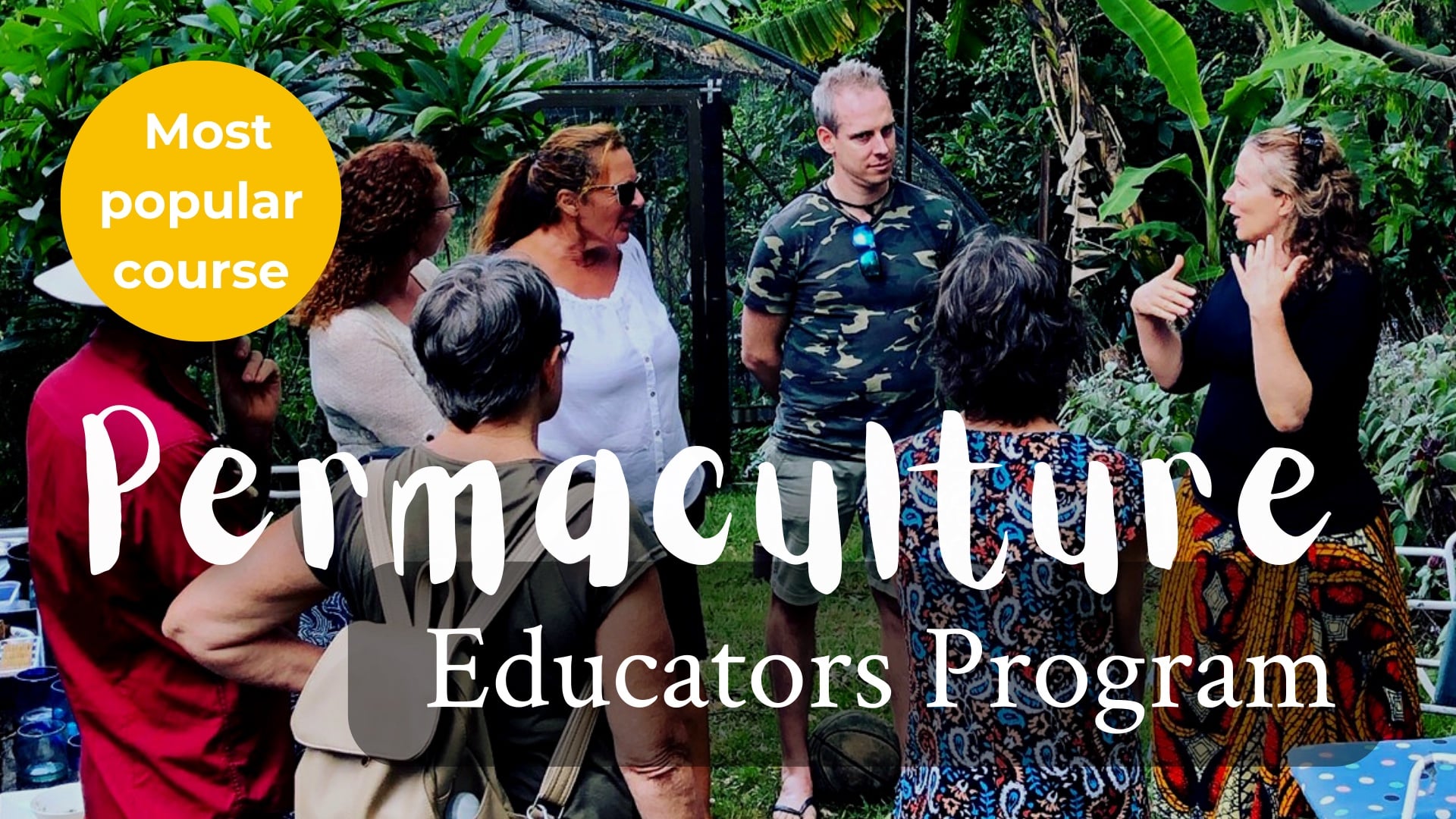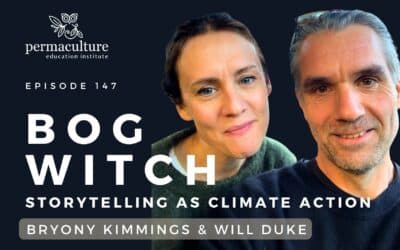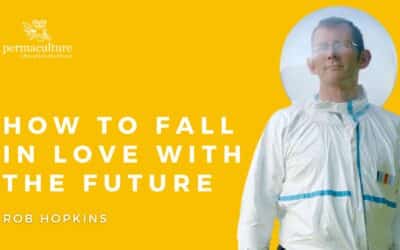ABOUT THIS EPISODE
Rewilding Leadership with Kelly Wendorf – Learning to lead like life itself.
Rewilding Leadership with Kelly Wendorf
Learning to Lead Like Life Itself
What does it mean to lead in a way that feels alive, kind, and connected to the living world?
That’s the question I explore with Kelly Wendorf, author of Flying Lead Change:- 56 Million Years of Wisdom for Leadership and Living and founder of EQUUS in this episode of Sense-Making in a Changing World.
Kelly’s work brings together horses, neuroscience, Indigenous wisdom, and lived experience to reveal a new – or perhaps ancient – approach to leadership.
This is a kind of leadership that mirrors the intelligence of life itself – relational, responsive, and regenerative. Leadership that creates the conditions for others, and for whole systems, to thrive.
“The lead horse doesn’t run at the front,” Kelly says.
“She leads from behind — creating safety so others can step into confidence.”
The Wisdom of the Herd
Kelly’s work with horse herds offers a living model of rewilded leadership.
In healthy herds, leadership isn’t based on dominance or hierarchy – it’s based on attunement.
Every action serves the wellbeing of the whole.
The lead mare’s quiet authority comes not from power or position but from her ability to sense, listen, and care. She models a kind of leadership the world is hungry for right now – one that restores trust, belonging, and harmony.
It’s the same wisdom that underpins permaculture design and regenerative systems thinking: everything is connected, and health depends on the relationships between all parts.
Kelly Wendorf’s Eight Principles of Leadership
Kelly distils this approach into eight principles that reflect the patterns of thriving ecosystems – and that can guide us in our own lives, communities, and work.
1. Listening
The starting point for all leadership. Listening means suspending bias and preference – creating the space to truly hear what’s emerging, from people and from place.
2. Care
Not sentimental care, but a reciprocal, Indigenous understanding of care – empathic, relational, and beneficial to all. Care is how life sustains itself.
3. Presence
Meeting the here and now with openness and stability. Presence is what allows us to respond rather than react – to lead with calm, grounded awareness.
4. Safety
A masterful leader creates safety. Like the lead mare, she builds group resilience and trust by leading from behind – always for the welfare of the whole.
5. Connection
Moving away from coercion and force, and toward genuine communication and belonging. Connection is the lifeblood of any thriving system – social or ecological.
6. Peace
Peace isn’t passive. It’s the harmony created through congruence and tempo – when inner alignment meets outer rhythm.
7. Freedom
Rewilding leadership invites us to return to our wild nature – unbridled, unbroken, and deeply alive. Freedom comes when we live and lead in tune with the natural flow of life.
8. Joy
Beyond happiness, joy is wholehearted engagement – the spark that arises when we feel part of something larger than ourselves.
🌎 Leadership as Ecology
These principles aren’t abstract ideas – they are how nature leads. They are visible in the way forests grow, rivers flow, and healthy communities evolve.
In permaculture, we talk about design that mimics natural systems – design that builds resilience through diversity, connection, and feedback.
Kelly’s principles bring that same understanding into human systems – how we work, teach, parent, and organise for change.
“Leadership isn’t about control,” she says.
“It’s the art of creating the conditions for others to thrive.”
🌱 Leading Like Life Itself
Rewilding leadership asks us to slow down and listen again – to one another, to the land, and to life.
It reminds us that we already know how to do this. Our bodies, our communities, and the Earth remember.
When we lead like life itself, leadership stops being a performance and becomes a practice – one rooted in presence, generosity, and trust.
This is how transformation happens – quietly, relationally, regeneratively.
“We are born to thrive,” Kelly says.
“Peace, safety, and joy are our birthright.”
🎧 Listen to Rewilding Leadership with Kelly Wendorf on Sense-Making in a Changing World wherever you get your podcasts.
- Learn more about Kelly’s work at equusinspired.com.
- Read Flying Lead Change
- Explore regenerative leadership and permaculture education at permacultureeducationinstitute.org/courses
Tune in on Spotify, Apple Podcasts, Youtube or any of your preferred podcast platforms.
Subscribe, share, comment and leave a ⭐⭐⭐⭐⭐ review if you enjoy and keep this podcast myceliating!
ABOUT THE PODCAST
The Sense-Making in a Changing World podcast is an initiative of the Permaculture Education Institute hosted by Morag Gamble. It is broadcast from a solar powered studio in the midst of a permaculture ecovillage food forest on beautiful Gubbi Gubbi country.
We explore ‘what now’ – what thinking do we need to navigate a positive and regenerative way forward; what does a thriving one-planet way of life look like; and where should we putting our energy.
ABOUT THE PERMACULTURE EDUCATION INSTITUTE
Morag Gamble, founder of the Permaculture Education Institute, is an award-winning permaculture teacher, humanitarian, writer, film-maker and designer who has led programs for 3 decades in over 22 countries. She is an international leader of the permaculture movement for change.
The Permaculture Education Institute works with people on six continents, teaching permaculture design and skills. how to be a permaculture teacher and community leader, and how to create a regenerative permaculture livelihood. You can start our courses today.
Visit our website to find out more.
🎧 Abridged Transcript: Rewilding Leadership with Kelly Wendorf
Morag Gamble:
Kelly, you talk about rewilding leadership. When I first heard that phrase, it struck me as both wild and wise — like something that belongs to the future and the past at once. What does it mean to you?
Kelly Wendorf:
Rewilding leadership means returning leadership to its natural, living roots — to what we see in thriving ecosystems. It’s about presence, care, and relationship rather than control. When I began working with horses, I realised they’d been practicing elegant, cooperative leadership for fifty-six million years.
A horse herd doesn’t follow a boss — it moves as one living intelligence. The lead mare doesn’t dominate; she listens, feels, and responds. That’s leadership as life intended it — grounded in connection and safety, not fear or status.
Listening and the Art of Attunement
Kelly:
The starting point for all leadership is listening — true listening. Horses taught me this. They respond instantly to energy, tone, even intention. You can’t fake presence with them.
When we suspend bias and preference — when we stop performing — we enter a field of awareness where real communication happens. In that space, collaboration and trust emerge naturally.
“Listening,” Kelly says, “is the first act of leadership. It’s what allows life to move through us instead of being managed by us.”
Care and Connection
Morag:
That sounds a lot like permaculture — observing before acting, building relationships of care and reciprocity.
Kelly:
Exactly. In both leadership and ecology, care is the central principle. Not sentimental care, but the kind of care that is reciprocal and life-serving.
When care is present, connection happens. We move away from coercion or competition and toward genuine belonging. That’s how the herd stays healthy. It’s how communities regenerate.
“Leadership isn’t about control,” Kelly says.
“It’s the art of creating the conditions for others to thrive.”
Safety and Presence
Kelly:
The lead mare’s greatest gift is safety. She reads the herd, senses danger, and restores calm. That’s what allows the group to relax and find its rhythm.
Good leaders create that same sense of safety — emotional and psychological — by leading from behind. They don’t need to be seen; they need to be stable.
And that stability comes from presence — meeting the moment with openness and grounded attention. Presence is not passive; it’s an active relationship with what is.
Peace, Freedom, and Joy
Morag:
You describe peace, freedom, and joy as indicators of leadership health. That feels unusual and refreshing.
Kelly:
Peace isn’t the absence of conflict. It’s the alignment of inner and outer — what I call congruence and tempo. When a herd is congruent, you can feel the harmony.
Freedom is about returning to our wild, unbroken nature — unshackled from old habits of domination. And joy arises when we’re in that state of wholehearted engagement with life. It’s not a mood; it’s a signal that the system is thriving.
“Show up,” Kelly says with a smile. “Be joyful. That’s the leadership.”
Leadership as Ecology
Morag:
Listening to you, I keep thinking about permaculture — leadership as a living system, not a job description.
Kelly:
That’s exactly it. Both permaculture and rewilded leadership recognise that life organises itself through relationship. Diversity, connection, and feedback keep systems healthy.
A permaculture garden thrives not because someone controls it, but because everything is in dialogue — soil, water, roots, sunlight. Leadership is the same. It’s less about direction and more about creating the right conditions for coherence.
“When we lead like life leads,” Kelly adds, “we design for resilience, not control.”
Nature Misses Us
Morag:
There’s a tenderness in your work — a sense that this isn’t just about leadership, but about healing our relationship with the world.
Kelly:
Yes. An Aboriginal elder once told me, “Nature misses us.” That changed everything for me. Nature isn’t holding a grudge — it simply wants us to come home.
Every time we listen, care, and connect, we step back into relationship with life. Leadership, in that sense, becomes a form of reconnection — a way of participating again in the larger intelligence of the Earth.
“The living world wants us to thrive,” Kelly says. “It’s waiting for us to remember that we belong.”
Leading from Behind
Kelly:
One of the most beautiful things about the herd is how fluid leadership is. Any horse can lead if they’re the most attuned in the moment. That flexibility keeps the system strong.
In human communities, that looks like shared leadership — making room for quiet voices, listening to what the system itself is asking for.
It’s not a loss of power; it’s an expansion of it. Everyone becomes a steward of the whole.
Rewilding Leadership and Permaculture
Morag:
So, rewilding leadership is less about technique and more about consciousness — a way of being in relationship with life itself.
Kelly:
Absolutely. It’s what permaculture teaches too. When we align with natural systems, leadership becomes regenerative. We stop extracting and start participating.
Rewilded leadership is the human expression of a healthy ecosystem — dynamic, cooperative, and alive.
“We are born to thrive,” Kelly says. “Peace, safety, and joy are our birthright.”
Closing Reflections
Morag:
Thank you, Kelly, for this conversation — for reminding us that leadership can be gentle, joyful, and deeply connected to the living world.
Kelly:
Thank you, Morag. My hope is that we all begin to recognise that leadership isn’t something outside ourselves. It’s already in the way we care for each other and the Earth.





0 Comments